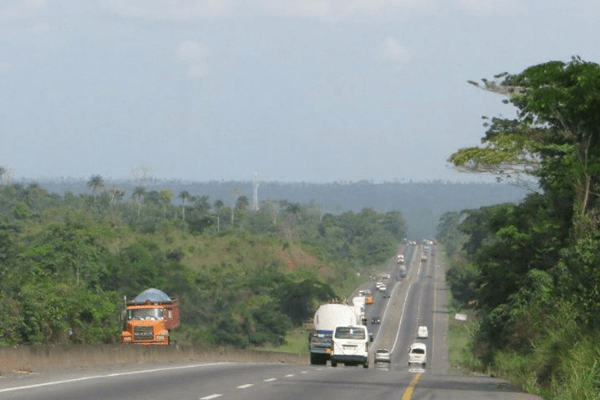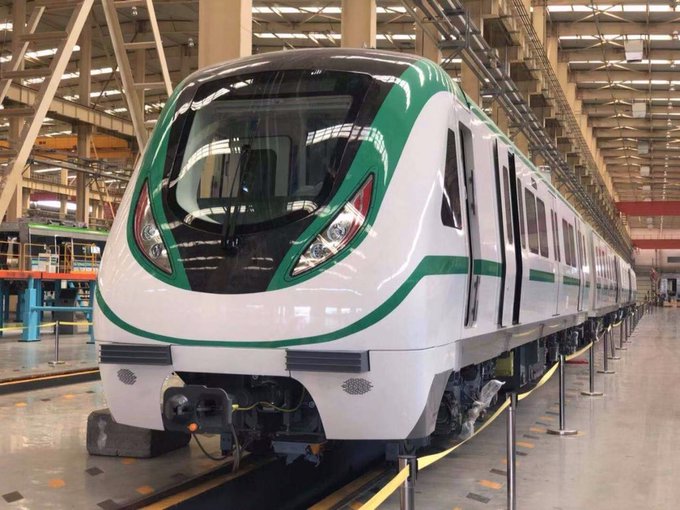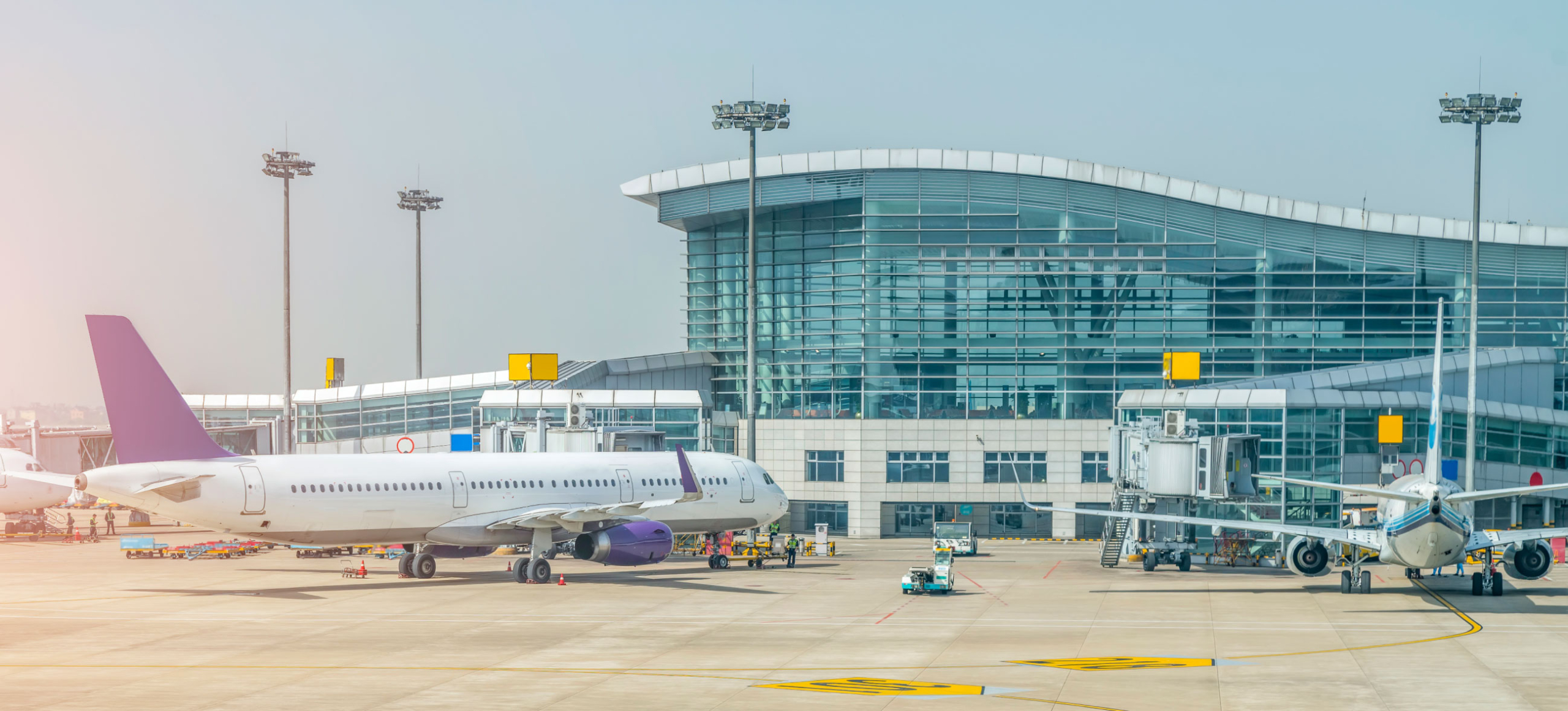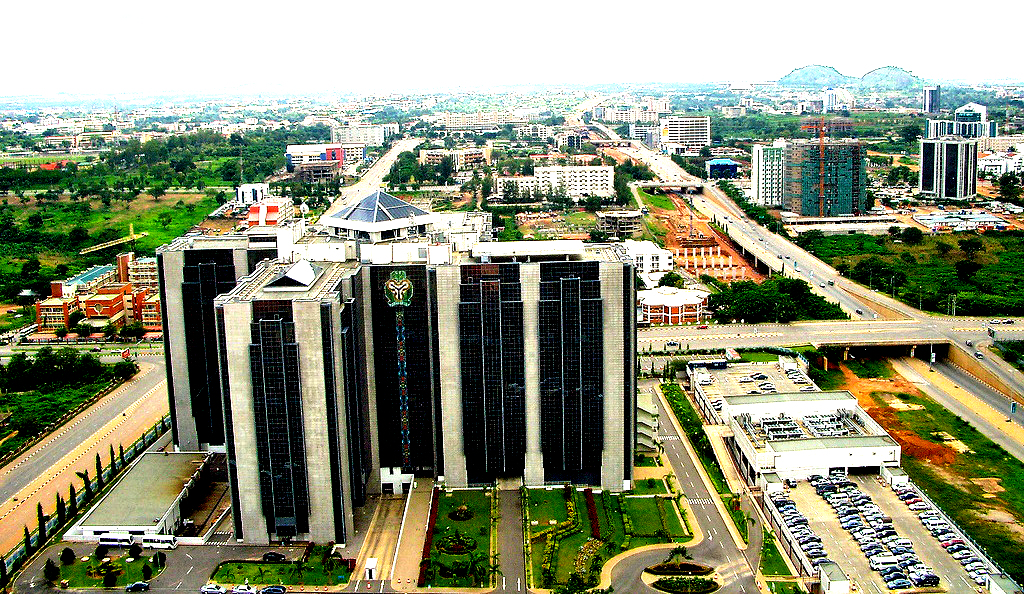How Much Does It Cost to Travel Within Nigeria in 2025?
Welcome to ‘The Price’, where we break down the costs so you can plan your budget better. Today, we’re diving deep into the naira and kobo of traveling within our beautiful country, Nigeria, in 2025. Whether you’re planning to visit family, enjoy the beaches, or explore our rich cultural heritage, understanding the cost of travel is key. Let’s unpack this together.
Understanding Transportation Options in Nigeria
In Nigeria, you’ve got several ways to move around:
Air Travel:

The fastest way but also the priciest. Airlines like Air Peace and Green Africa are your go-to for domestic flights.
Road Travel:

This includes buses, cars, and taxis. It’s more affordable but can be time-consuming and less predictable due to road conditions.
Rail Travel:

Limited but growing. The Lagos-Ibadan railway is a start, but don’t expect to cover all of Nigeria by train yet.
Water Travel:

Useful for those coastal areas or riverine states, but less common for general travel.
Cost of Air Travel
Flying within Nigeria has become a bit of a luxury. Recent posts on X (formerly Twitter) suggest that prices have soared:
- Lagos to Abuja: You’re looking at spending between ₦140,000 to ₦220,000 one way.
- Lagos to Owerri: This flight might set you back anywhere from ₦150,000 to ₦300,000.
- Lagos to Enugu: Prices can be as high as ₦400,000 for one way, with the lower end around ₦140,000.
These prices fluctuate, especially around holidays like December when everyone is trying to go home or celebrate. If you’re planning to fly, book early or wait for last-minute deals that sometimes pop up, though they’re not guaranteed.
Road Travel: Buses and Taxis
For those looking to save some money, road travel is your friend:
- Interstate Buses: Companies like ABC Transport, God is Good Motors (GIGM), and Chisco Transport offer services with fares ranging from ₦5,000 for shorter routes like Lagos to Ibadan, up to ₦20,000 or more for longer trips like Lagos to Abuja. Prices can double during peak times.
- Taxis: Within cities, taxis are your go-to for short distances. A trip within Lagos can cost between ₦2,000 to ₦5,000, depending on the distance and your bargaining skills. For interstate travel, sharing a taxi can drastically reduce costs. You might chip in ₦5,000 to ₦10,000 for a spot in a shared taxi from Lagos to Benin, for instance.
- Rental Cars: If you’re traveling with family or a group, hiring a car might be cost-effective. Prices start from about ₦3,000 per day for a basic car, but can go up significantly for luxury vehicles. Remember, fuel and maintenance are extra.
Rail Travel
The Lagos-Ibadan train service is a breath of fresh air for commuters:
- Lagos to Ibadan by Train: A one-way ticket starts around ₦2,000 for standard class and can go up to ₦6,000 for business class. It’s not just cheaper than flying; it’s also more scenic and less stressful.
- Abuja to Kaduna: train travels via this route costs ₦4,000 to ₦7,000
Water Transport
For those in riverine areas or looking to explore the coastal regions:
- Ferries and Boats: A short ferry ride within Lagos might cost you about ₦500 to ₦1,500. For longer trips or more luxurious boat services, expect to pay more, especially if it’s for tourism purposes.
Budgeting Tips for Travel
- Travel Off-Peak: Avoid traveling during peak times like Christmas or when schools resume. Prices for all modes of transport skyrocket.
- Book in Advance: Especially for air travel, booking early can save you a lot.
- Join Loyalty Programs: Many transport companies offer loyalty points or discounts for frequent travelers.
- Share Costs: If you’re traveling with others, share the cost of a taxi or car rental.
- Local Transport Passes: In some cities like Lagos, you can get a ‘Lagos Connect’ card for multiple bus trips at a discounted rate.
Safety and Security Considerations
When traveling:
- Avoid Night Travel: Especially by road, night travel can be risky due to security concerns.
- Check Reviews: Before booking with any transport company, check reviews or ask friends. Safety is as important as price.
- Stay Updated: Use apps or social media to stay updated on road conditions or flight delays.
Cost of Accommodation
While traveling, where you stay matters:
- Hotels: In major cities, a decent hotel room can cost anywhere from ₦20,000 to ₦50,000 per night. Luxurious options can go up to ₦300,000.
- Guest Houses and Hostels: Much cheaper, starting from ₦5,000 to ₦15,000 per night.
- Airbnb: Great for groups or longer stays, with prices varying widely based on location and amenities.
Exploring Nigeria on a Budget
Special Considerations for Different Regions
- Eat Local: Street foods are not only delicious but also affordable. A meal can be as cheap as ₦300-₦500.
- Free Attractions: Many natural sites like the Lekki Conservation Centre or some historical sites in cities like Kano don’t charge much or are free.
- Public Transport: For city travel, use public buses or ‘danfo’ for a truly local experience at minimal cost.
- Northern Nigeria: Travel here often involves longer distances and can be more expensive due to fewer transport options. Road conditions can vary widely, affecting travel time and costs. For instance, travel from Kano to Maiduguri might cost upwards of ₦15,000 by bus, but the journey can take over 12 hours, so factor in food and potential overnight stops.
- South-South and South-East: Here, waterways play a significant role. Traveling from a city like Port Harcourt to places like Nembe or Bonny might require a combination of road and water transport. Boat costs can start at ₦2,000 for short distances but can easily exceed ₦10,000 for longer trips across rivers.
- South-West: Lagos, being the commercial hub, has a plethora of transport options but also higher costs due to demand. Moving from Lagos to nearby states like Ogun or Ondo might be cheaper, with bus fares around ₦3,000 to ₦5,000, but within the city, traffic can inflate taxi fares.
Seasonal Price Fluctuations
- Dry Season (November to March): Generally, this is when travel is at its peak, especially around December. Prices for all forms of transport can surge by 30% to 50%, sometimes even doubling during the Christmas period.
- Rainy Season (April to October): Travel can be cheaper but comes with the risk of road disruptions due to flooding or landslides. Air travel might be less affected, but fares can still decrease by up to 20% during off-peak times.
Currency and Payment Methods
- Naira Fluctuations: The value of the Naira against foreign currencies can affect travel costs, especially if you’re planning to use foreign credit cards. Keep an eye on exchange rates if you’re budgeting in dollars or euros.
- Payment Methods: Many transport services now accept card payments, but cash is still king in Nigeria. Always have some cash on hand, especially for smaller transport operators or local vendors. Mobile payment apps like Opay or Palmpay are increasingly popular, making transactions smoother.
Travel Insurance
- Why You Need It: Given the unpredictability of travel conditions, insurance can be a wise investment. Policies cover medical emergencies, cancellations, or theft. Basic travel insurance might start from ₦5,000 per trip, but for comprehensive coverage, you might spend around ₦20,000 or more.
Local Festivals and Events
- Impact on Travel: Festivals like the Durbar in Kano or the Calabar Carnival can significantly increase accommodation and transport costs. If you plan to attend, book well in advance or be ready for inflated prices.
- Opportunities for Budget Travelers: However, these events also provide a chance to experience Nigeria’s culture at a lower cost if you plan for free public celebrations or stay with locals.
Tips for Solo Travelers
- Safety in Numbers: While solo travel has its charm, for safety, consider joining travel groups or using trusted transport companies.
- Accommodation: Hostels offer a community feel and are budget-friendly. Also, look into couch surfing or staying with friends if possible.
Cultural Sensitivity
- Dress Code: Dress modestly, especially in conservative areas. This might not directly affect costs but can influence your overall travel experience.
- Language: Learning basic greetings in local languages like Hausa, Yoruba, or Igbo can make your journey smoother and might even get you small discounts or better services from locals.
Environmental Impact
- Sustainable Travel: With Nigeria facing environmental challenges, opting for public transport or less carbon-intensive travel methods (like trains where available) not only saves money but also helps the environment.
Additional Travel Hacks
- Use Apps: Apps like Google Maps for route planning, or local apps like Taxify (Bolt) for cheaper ride options can save both time and money.
- Package Deals: Sometimes, travel agencies offer bundled packages for trips to popular sites like Obudu Cattle Ranch or Yankari Game Reserve, which might be more economical than organizing everything separately.
Conclusion
Traveling in Nigeria in 2025 doesn’t have to drain your wallet if you plan right. From the sky-high costs of air travel to the more grounded expenses of road trips, there’s a mode of transport for every budget. Remember, the key is planning, timing, and knowing where to look for the best deals. Whether you’re visiting family, exploring for leisure, or traveling for business, Nigeria’s rich tapestry awaits you at a cost that fits your pocket. Keep checking ‘The Price’ for more guides, tips, and insights into managing your money wisely while enjoying all that Nigeria has to offer.


Leave a Comment